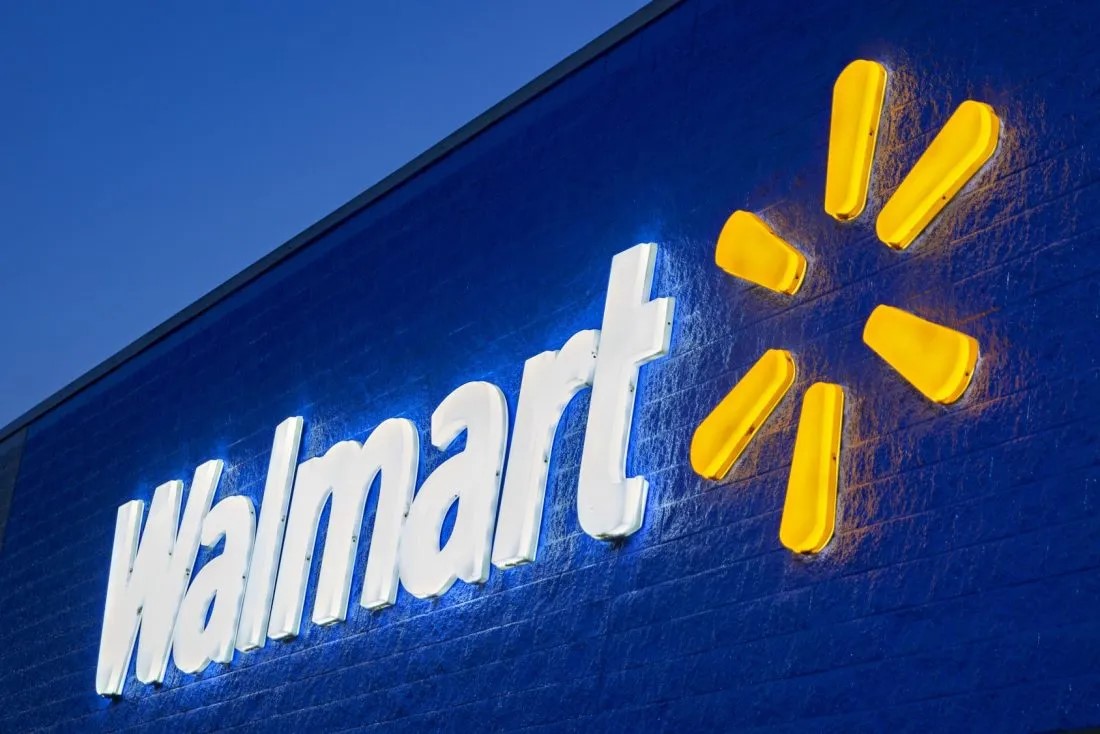New York — Walmart, a retail behemoth and the largest private employer in the United States, has announced plans to scale back its diversity, equity, and inclusion (DEI) initiatives. This strategic pivot comes as the company faces intensifying criticism from conservative voices challenging corporate commitments to progressive social policies.
Among the most significant changes, Walmart confirmed on Monday the termination of its racial equity training programs, which had been a critical element of its DEI agenda. Furthermore, the company is reevaluating its supplier diversity efforts, which were designed to foster partnerships with businesses owned by underrepresented groups, including women, minorities, veterans, and LGBTQ individuals. This reassessment signals a potential shift away from initiatives that once symbolized Walmart’s dedication to fostering inclusivity within its supply chain.
In a broader move, Walmart announced its decision to reassess financial support for Pride events and other LGBTQ-focused initiatives. The company has also begun scrutinizing its online marketplace, removing products featuring transgender or sexual themes aimed at children. Another major shift involves the planned conclusion of Walmart’s Center for Racial Equity, a $100 million, five-year philanthropic effort launched in 2020 to address systemic inequities impacting African Americans. While the program has made strides in education, healthcare, and criminal justice reform, Walmart confirmed it will not renew the initiative once it concludes.
In a statement regarding these changes, Walmart emphasized its ongoing efforts to reflect the values and expectations of its broad customer base. “We are willing to change alongside our associates and customers who represent all of America,” the company stated. “We’ve been on a journey and know we aren’t perfect, but every decision comes from a place of wanting to foster a sense of belonging.”
These moves have drawn praise from conservative activists, most notably Robby Starbuck, who has emerged as a prominent figure in the campaign against corporate DEI policies. Starbuck, who has focused on opposing initiatives he views as overly progressive, hailed Walmart’s decision as a landmark achievement for his movement. “This is the biggest win yet for our movement,” Starbuck declared on X, amplifying his message to a growing audience of supporters.
The decision places Walmart among other major corporations, such as Harley-Davidson and John Deere, that have also stepped back from DEI initiatives amid public and political scrutiny. These shifts reflect a broader trend in corporate America, where companies are reassessing policies related to systemic equity, climate change, and LGBTQ support in response to growing conservative opposition.
Walmart’s recalibration underscores the challenges of operating at the intersection of commerce, social responsibility, and public opinion. As a global retail leader, the company’s actions are closely monitored, often serving as a barometer for industry standards and corporate decision-making.
The rollback of DEI efforts at Walmart highlights the tension between advancing social progress and addressing the concerns of a diverse and sometimes polarized stakeholder base. This evolution in corporate policy raises fundamental questions about the future of business leadership in tackling systemic inequalities while maintaining public trust and shareholder confidence.








